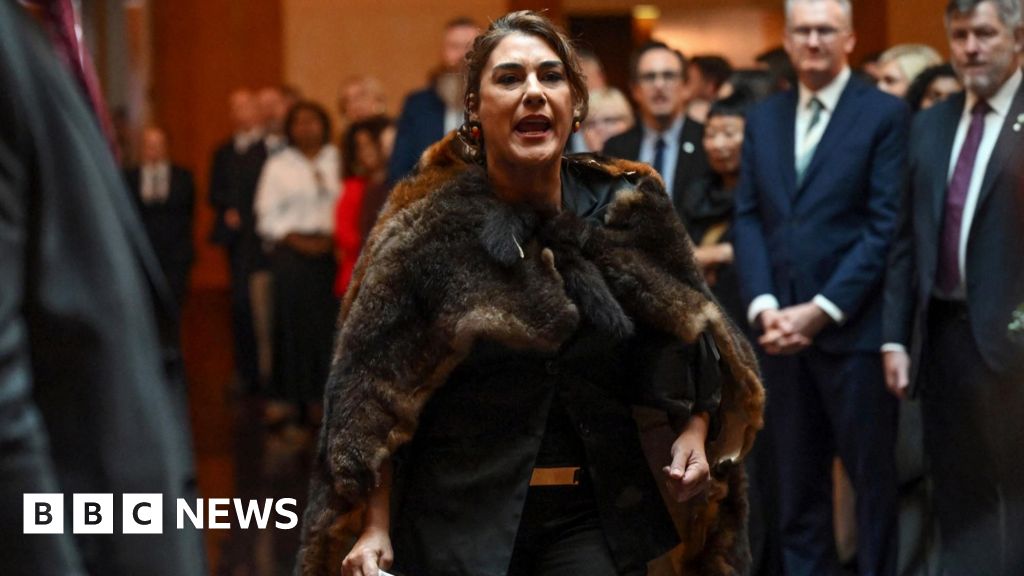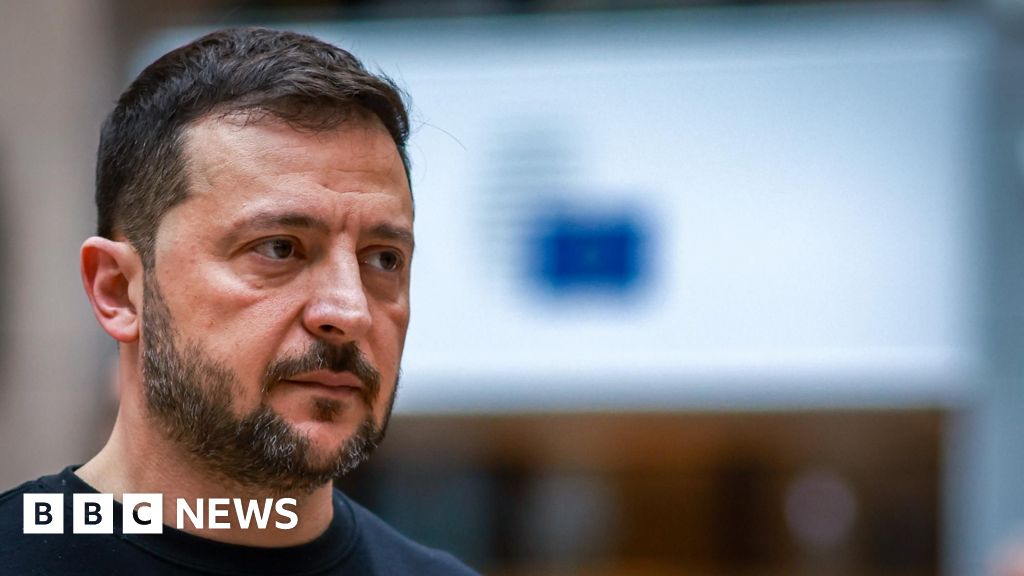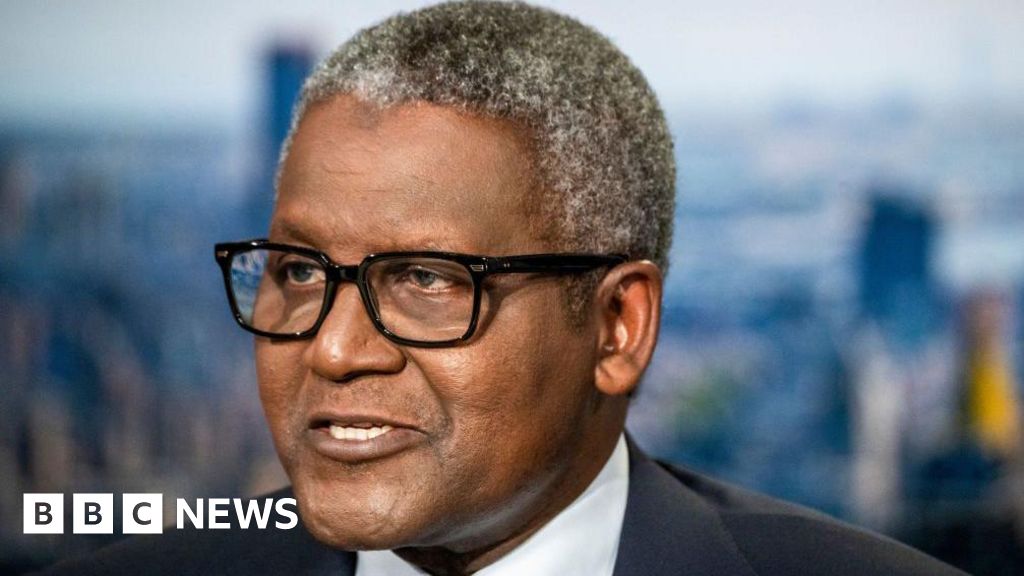ARTICLE AD BOX
Warning: This video contains distressing images
Deputy PM Dominic Raab has described as "horrific" the BBC's findings that an MI5 agent used his intelligence status to terrorise and abuse his partner.
But he said he could not comment further "because of national security".
The agent - whom the High Court ruled could not be named - threatened to kill his partner with a machete.
Domestic violence charity Refuge said the government's determination to protect the man's identity was "terrifying".
Labour's Yvette Cooper said the Home Secretary Priti Patel needed to ensure there was an independent assessment of "this very troubling case and how it has been handled".
The shadow home secretary said this should include looking at safeguarding responsibilities, the way that concerns about domestic abuse are handled by MI5, and the criminal investigation that took place.
The agent also made threats about killing and sexually abusing young girls, the BBC investigation found.
A video filmed by his then partner shows him attacking her with a machete.
Police evidence seen by the BBC shows that he is a right-wing extremist with a violent past.
He moved abroad to work for a foreign intelligence agency while under police investigation.
Image source, Maddie Red Photography
In an unprecedented legal battle, the BBC argued that women had a right to know his identity and it would protect potential victims from harm.
The government argued in the High Court that revealing his identity would threaten national security and endanger his life.
A judge backed that - but ruled that details of the case could be revealed.
Mr Raab - who is also justice secretary - told BBC Radio 4's Today no one could find the results of the BBC investigation "anything other than harrowing and horrific".
But, he added, national security considerations meant he could not comment any further.
He said no one should be in any doubt how seriously ministers took violence against women or girls.
Another cabinet minister Jacob Rees-Mogg praised the BBC for performing a "public service.. in bringing this story to light", but added that "the national security card does sometimes have to be played".
Refuge, a charity which helps victims of domestic violence, said it was horrified by the BBC's revelations.
Chief executive Ruth Davison said women were often told no one would believe them. "Imagine those words being spoken by someone who works for the security service."
She said the news that the agent had used his status to perpetrate domestic abuse was abhorrent, and the fact that his identity was being protected while he was expressing "murderous intents" was "terrifying for women and girls".
Image source, Reuters
Image caption,MI5's London headquarters
Former Attorney General Dominic Grieve, who also used to chair Parliament's Intelligence and Security Committee, told Today the committee would be entitled to investigate whether MI5 had handled the case correctly according to its rules.
But he added he would have been "astonished" if the security service had not tried to protect the agent's identity.
If it hadn't, Mr Grieve said, it would have exposed the man to serious risk, and would not be able to recruit agents in future.
He said it was naive to think that vital information necessary to protect the public would always come from "individuals living within the law".
This is the story of a dangerous MI5 agent, which the government tried to keep secret.
Available now on BBC iPlayer
Do you have information about this story that you want to share?
Get in touch using SecureDrop, a highly anonymous and secure way of whistleblowing to the BBC which uses the TOR network.
Or by using the Signal messaging app, an end-to-end encrypted message service designed to protect your data.
- SecureDrop: http://kt2bqe753wj6dgarak2ryj4d6a5tccrivbvod5ab3uxhug5fi624vsqd.onion/
- Signal: 07375 268 551
Please note that the SecureDrop link will only work in a Tor browser. For information on keeping secure and anonymous, here's some advice on how to use SecureDrop.

 2 years ago
26
2 years ago
26








 English (US)
English (US)